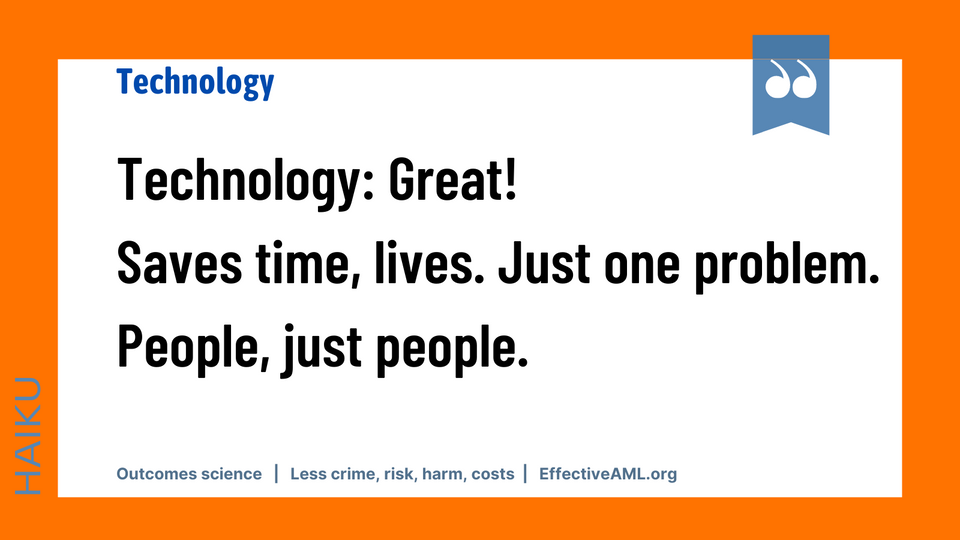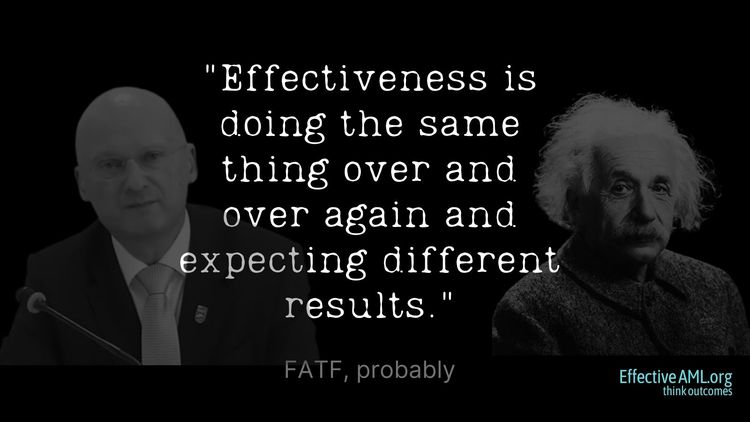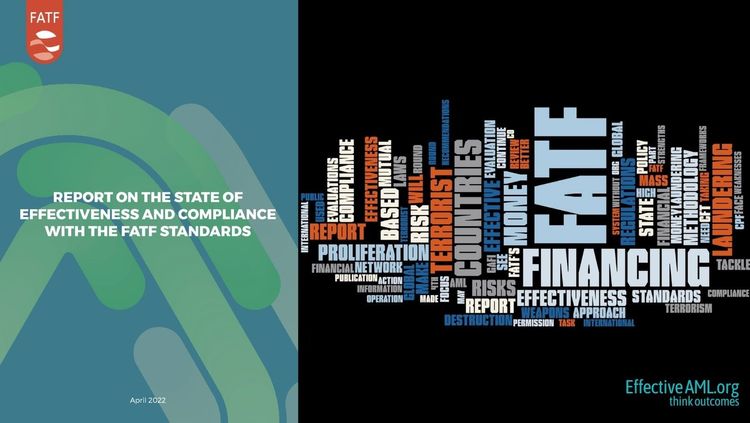An apology to readers

It is commonplace to blame technology for major problems – like industrialized manufacturing, transport, and agriculture causing climate change, or military technology prompting a never-ending arms race and constant wars. A recent experience, however, suggests that simplistic finger pointing misses the real problem. Technology is, perhaps, never the problem; merely the product of decision-making, by people.
If (before today) you read this new blog on a mobile device, some stories might have seemed strange.
Oddly truncated.
Less than a tenth of some stories might have looked like the full story, with no hint of more. Just an abrupt wall, unseen, more jarring for its invisibility.
Caused by a default setting, I am told, which automatically enabled “Accelerated Mobile Pages”.
An open-source project initially led by Google; AMP generates lightweight versions of content for mobile devices. In full Marie-Kondo-like zeal, AML even eliminates page dividers that indicate more content, like the remainder of longer stories available for free and paid subscribers.
If people were confused, or attributed confusion to me for analyses absent much analysis, I could rail against AMP or default settings, or blame Google or Ghost (the website host).

Unfortunately, I cannot speak more highly of Ghost.
Helpfully, perhaps – and with great irony – Googling “Accelerated Mobile Pages” offers plenty of arguments against Google’s AMP. Ample ammunition to wage war to “prove” my case.
But AMP is also good technology. Faster-loading websites, eliminating non-essential elements, enhancing clarity, facilitating a faster and smoother user experience.
That’s all great.
Except when it’s not.
Therein lies the crux of the real problem.
So, I could say that the problem is AMP. Or blame the default setting allowing AMP. “That’s what I was told” is also a powerful reinforcing mechanism. I might soon believe that AMP really is the problem.
After all, “but for” AMP, and “but for” default settings enabling it, readers on mobile devices would have seen the full story or would have known that more was available.
Both “but fors” are true. And deeply enabling for that great human condition; absolving me from blame.
There is only one problem. The real one.
“But for” is a useful tool for discovering causation; but it needs context, and glib-free use.
In this case, AMP and default settings are the cause only if I think casually rather than causally or critically.
So, if neither is the real cause, that leaves just me.
The uncomfortable truth is that AMP is available by toggle. Choose ‘on’ if it works for your website. ‘Off’ if it doesn’t.
I get to make that choice. Likewise, if I choose to learn about default settings, or not.
So, any fault is mine alone.
At a broader level, while technology is frequently blamed for issues ranging from the existential to mundane, I suspect that technology is seldom, perhaps never, the problem.
Whether fault lies in the application, design, or use of technology, it can always be traced to us, the people who procure, design, or use technology.
Likewise, the reality behind responsibility-absolving weasel words like “unforeseen circumstances” and “unintended consequences”. (Is it really the O-rings, or the decision to launch? A tsunami, or the decision to place a nuclear power plant near the sea on an island with frequent tsunami-inducing earthquakes?)
To conclude, then, I cannot in good faith blame Google or Ghost. It might make me feel good, but would be based on unfounded belief, narcissistic nonsense, and BS.
So, instead, I thank Google and Ghost, and must apologize alone, to you.
Sorry.
And thanks also to you, dear reader, for reading, thinking, engaging.





